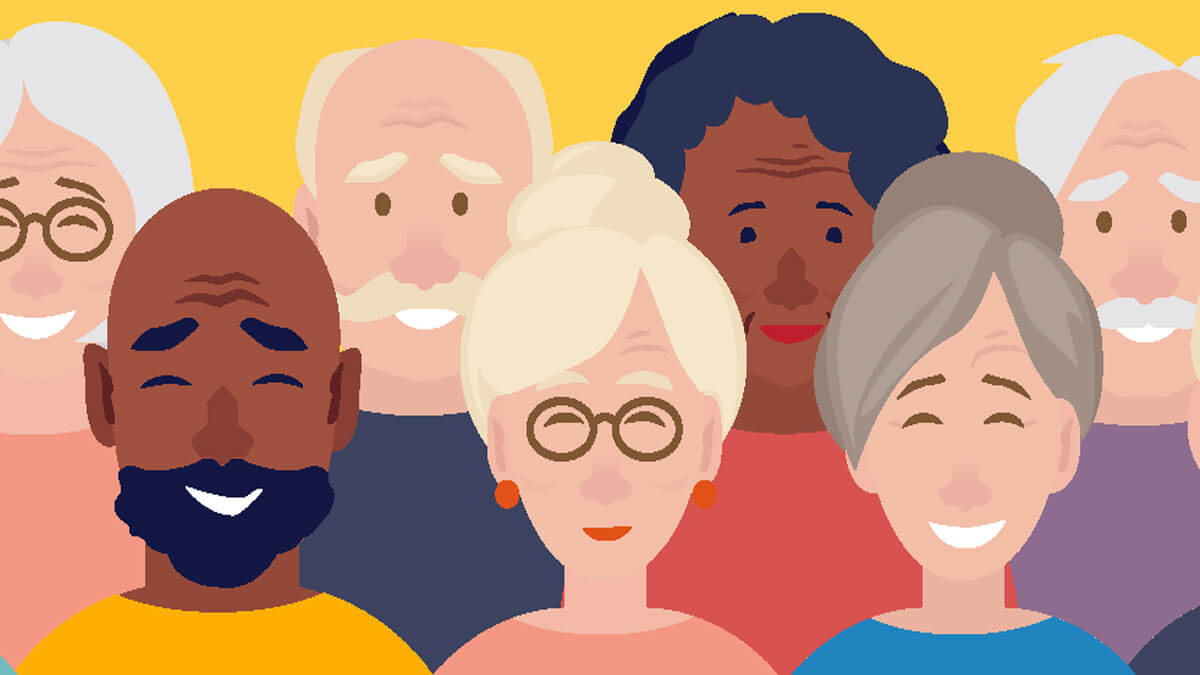My mother’s parents were the epitome of genteel, God-fearing country folk who eventually sold their farm “down under the hill” and retired to a charming little white bungalow just a quick walk down our country road. They were always available, kind and supportive and, most importantly, interested in whatever I wanted to share with them. As a child, on more than one occasion, I slipped away from the turbulence in my own home for the peace and safety I always felt in theirs. I never once imagined that they benefited from my visits as much as I did from their comfort.
And then, as grandchildren eventually do, I grew up and moved away. I married and started my own family. At last count, my seven children have added 25 grandchildren and two great-grandchildren to our family tree – a wonderful, eclectic next generation.
Among them are avid readers, a couple athletes, a few honor students, a military tank driver, some with musical talent, a capable young outdoorsman, one who aspires to own a flower shop, one who likes construction, a young man who likes art, a barrel racer, a couple who are rising to special challenges, two health care workers and the youngest, a brand-new preschooler. They come in all beautiful shades of color, hair styles and fashion tastes. Now it is my turn, as my own grandparents before me, to be provide a safe, encouraging place for them.
However, it also is in my own best health interests – and yours – to be an active grandparent. Studies have shown that seniors who are purposeful in regularly engaging their grandchildren can reap cognitive, social, emotional and physical benefits from their time spent together. For example, a 2016 Boston University study found that when grandparents spend a day a week caring for their grandchildren or interacting at some level with them, both adults and children are less likely to struggle with the crippling symptoms of depression.
This makes sense when you consider that pre-pandemic, the PEW Research Center found that 17% of seniors over 65 felt lonely and isolated and 10% felt unneeded and burdensome. COVID-19 has certainly pushed those percentages much higher. However, regular positive interaction with grandchildren gives purpose and responsibility and can reduce those negative, energy-draining emotions. Grandparents can enjoy improved self-esteem through feelings of belonging and contributing to the family in their own unique way.
Also, seniors who interact with their grandkids regularly are more motivated to take care of themselves, to eat better, to take their medications and to exercise because they want to be around to watch these youngsters grow up. Maintaining or improving one’s health becomes more significant when relationships with young children are in the equation.
Anyone with young grandchildren knows they love climbing on you and all over you, kissing you, holding your hand, rubbing your arm, hugging your neck and cuddling with you as much as they can. According to Walter Nieri, M.D., a geriatrician at Banner Sun Health Research Institute in Sun City, Arizona, “A kiss or holding hands gives a sense of calmness, peacefulness and security if you’re under stress.” Furthermore, scientists at the University of Virginia have discovered that these various forms of positive touching decrease inflammatory cells and increase white blood cells, thus improving the body’s natural immunity. We can never underestimate the importance of human touch, and children are extremely generous in this department.
Keeping up with your grandkids’ actions and interests usually requires quick thinking and some mental dexterity. Learn to play new games, try new activities and stay up on current cultural trends. A friend of mine once asked his adult children and grandkids whether they would rather he left them money or memories. Unanimously, they voted for memories, so he bought some timeshare points to schedule family getaways throughout the year. These vacation times have become a refreshing oasis where family bonds are strengthened, and precious memories are made.
If, as is so often the case, your grandchildren do not live nearby, master Facebook and other forms of social media. Learn how to “Facetime.” Get their phone numbers – they all have cellphones these days – and actually call or text them. Write them letters – you might want to print because many are no longer taught cursive. Have lots of pictures taken that can be displayed in their homes to keep you present in their lives. And visit! As you are busy pouring into your grandchildren’s lives, you will also be reaping the healthy rewards that come with being an active senior.
If you don’t have grandchildren, just look around. Visit the local elementary school or ask your pastor for recommendations. Every community has young children who would benefit from an “adopted grandparent” or mentor. Do it for them but also for yourself – your better health will thank you.
By Janet E. Perrigo
